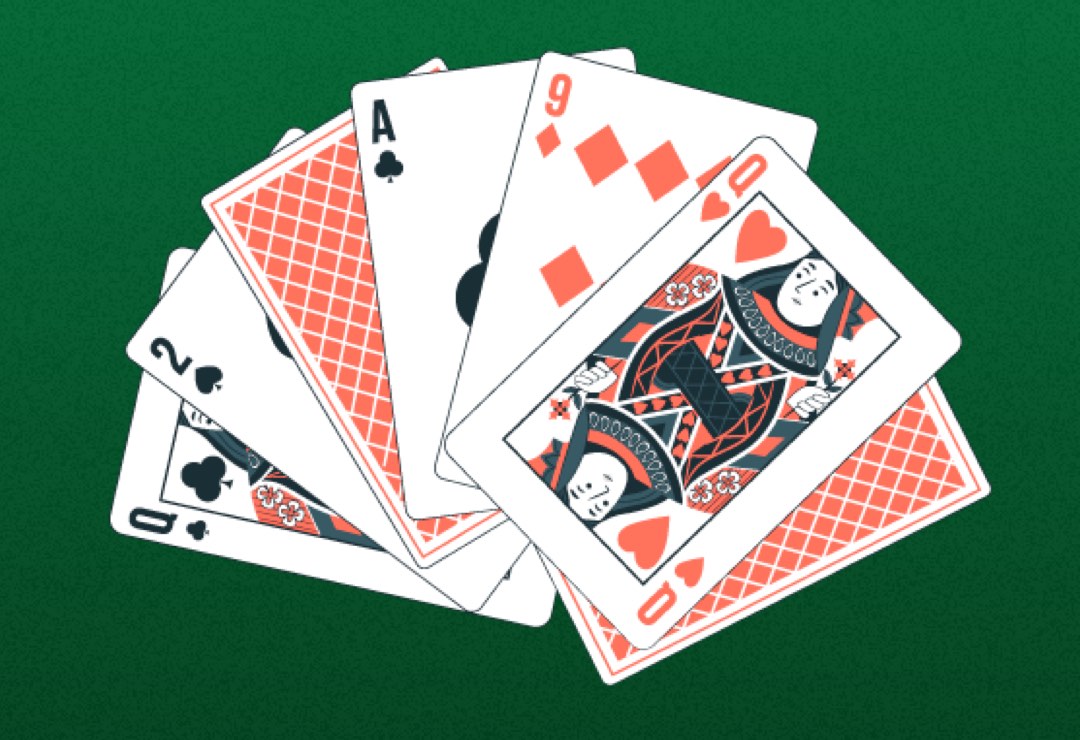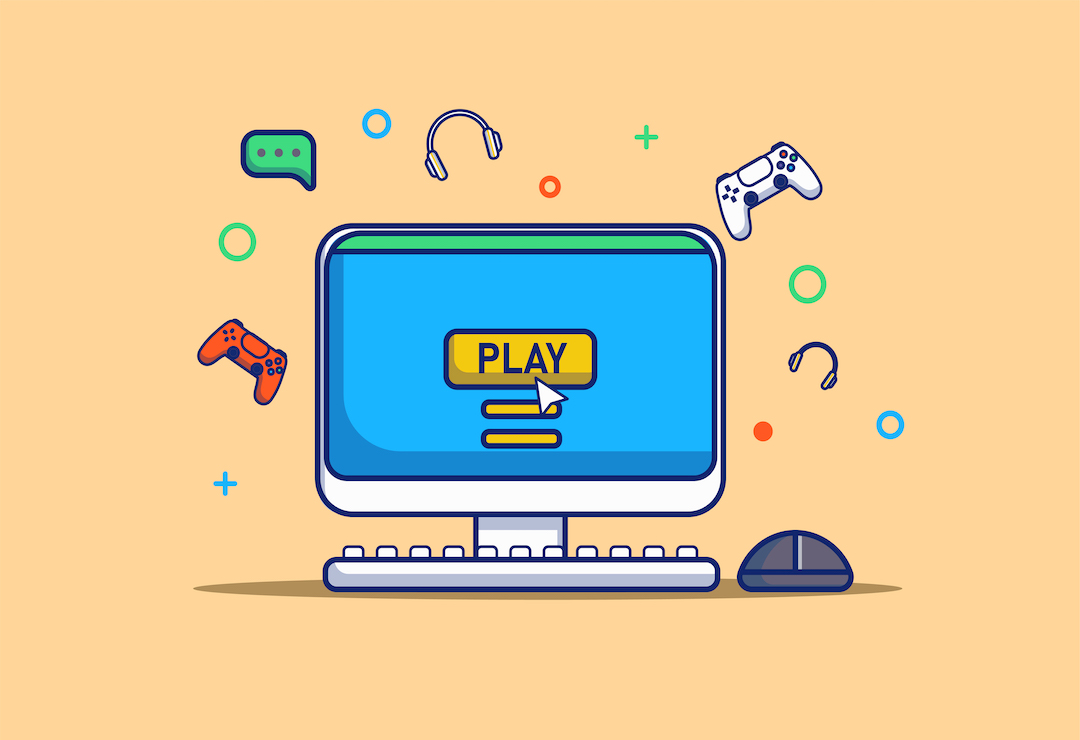There are several reasons why card games are considered good for mental health. The best card games for your brain are those that involve strategy, problem-solving, and memory skills. These require players to think critically, make decisions, and remember cards that have been played, challenging your brain and improving cognitive function in exchange.
Keep reading to find out the best card games for you to have fun with while simultaneously collecting health benefits from them.
The best card games for your brain
Card games that involve strategy, critical thinking, and memory are considered the best for the brain.
Overall, these card games require players to use their brains actively, improving various cognitive functions and providing a fun and engaging way to exercise the mind. In addition to these benefits, card games are also a fun way to socialize with friends and family, which can have a positive impact on mental health and well-being.
The best to play alone
There are several great solo card games that can help exercise and stimulate the brain, including:
1. Solitaire: The classic game of Solitaire involves arranging a deck of cards in a specific order using strategy and critical thinking skills.
2. FreeCell: Similar to Solitaire, FreeCell involves arranging cards in a specific order, but with additional strategic choices and planning required.
3. Spider: This game involves sorting cards into sequences, building stacks, and strategically moving cards around the board.
4. Pyramid: In this game, players try to remove pairs of cards that add up to 13, requiring careful thinking and strategy to clear the pyramid.
Playing these types of card games can help improve cognitive skills like memory, attention, and problem-solving, making them great options for exercising the brain while having fun.
The best to play with friends
Playing card games with friends can be a great way to exercise your brain and have fun at the same time. Here are some of the best card games for the brain to play with friends:
1. Hearts: This game requires players to pay attention to the cards being played and to think strategically about which cards to play. It can also improve memory and concentration.
2. Spades: Similar to Hearts, Spades requires strategy, memory, and social skills, making it another great option for improving cognitive function.
3. Bridge: This game requires players to use logic and strategy to win. It also helps to improve memory and concentration.
4. Poker: Poker requires players to make quick decisions based on incomplete information, which helps to develop critical thinking skills. It also involves bluffing and reading other players, which can improve social and emotional intelligence.
Overall, any game that involves strategy, memory, and critical thinking can be great for exercising the brain and playing with friends.
Why are these card games good for your brain?
Card games can be good for the brain because they require various cognitive skills to play, such as memory, attention, strategy, and problem-solving. They involve remembering the rules and cards played, paying attention to the actions of other players, making decisions based on probability and risk assessment, and adapting to changing situations. These mental activities can help exercise the brain and improve cognitive abilities.
Additionally, social card games can also provide social stimulation, which has been linked to better mental health outcomes. Playing card games can be a fun and relaxing way to socialize with others, which can help reduce stress levels. Also, winning a game or successfully executing a strategy can give players a sense of accomplishment and boost their mood.
Overall, card games can be a fun and beneficial way to improve cognitive skills, decision-making abilities, and mood.




